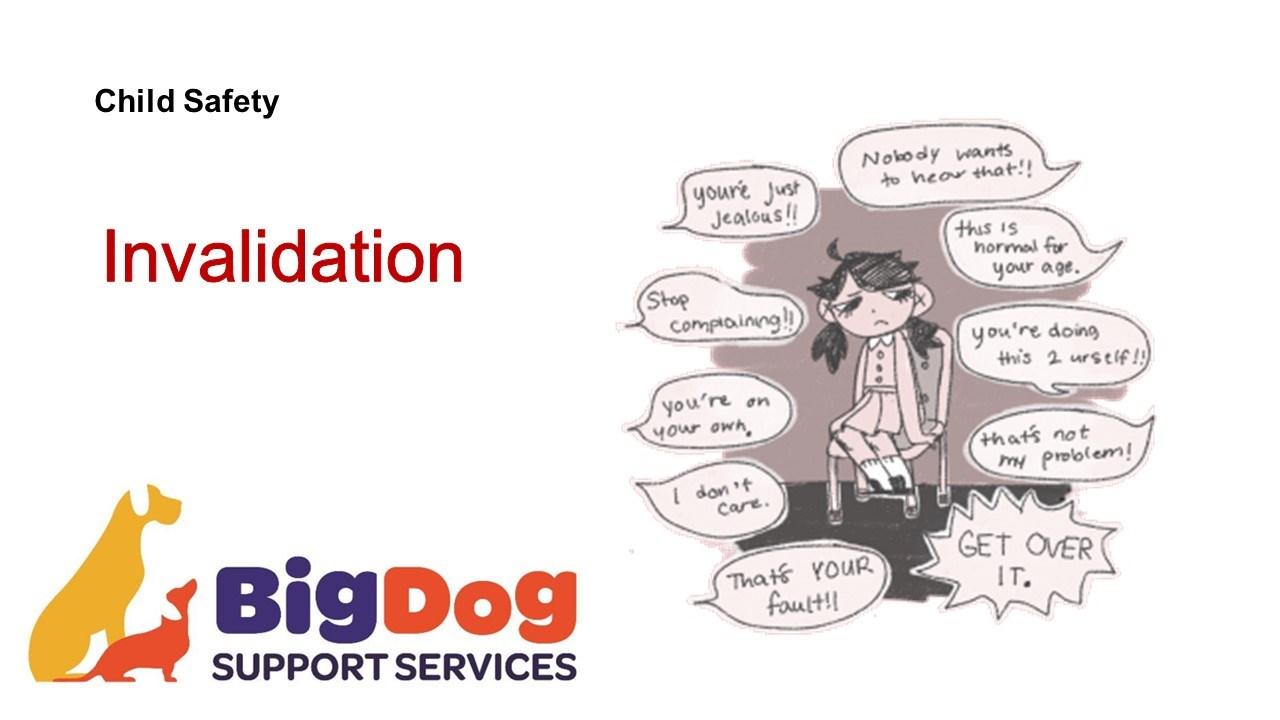
2 minute read
WHS First Aid
First Aid
BigDog is a leader in ensuring the safety of people with a disability, including their right to support workers who are fully trained and competent in their role. BigDog has the primary duty under the WHS Act to ensure, so far as is reasonably practicable, that workers and other persons are not exposed to health and safety risks arising from the business or undertaking. Support workers have a duty to take reasonable care for their own health and safety and must not adversely affect the health and safety of other persons. Support workers must comply with any reasonable instruction and cooperate with any reasonable policy or procedure relating to health and safety at the workplace, such as procedures for first aid and for reporting injuries and illnesses. Under our Code of Practice, we require our support workers to have a valid certificate in either CPR or First Aid. • HLTAID009 Provide Cardiopulmonary Resuscitation (valid for 1 year) • HLTAID010 Provide basis emergency life support (valid for 3 years) • HLTAID011 Provide first aid
Support workers may also need to undertake additional first aid training to respond to specific situations at their workplace. For example, where workers have severe allergies, first aiders should be trained to respond to anaphylaxis if this topic has not been covered in previous first aid training.
Working restrictions
Any support worker who is found not to have a current and valid certificate will be removed from all shifts until a certificate is provided.
Key terms
First aid is the immediate treatment or care given to a person suffering from an injury or illness until more advanced care is provided or the person recovers. First aider is a person who has successfully completed a nationally accredited training course or an equivalent level of training that has given them the competencies required to administer first aid. First aid equipment includes first aid kits and other equipment used to treat injuries and illnesses. First aid facilities include first aid rooms, health centres, clean water supplies and other facilities needed for administering first aid.
Infection Control
Support workers should take standard precautions to avoid becoming ill and exposing others to illness when handling blood or body substances. Standard precautions are work practices that are applied to all participants and other staff and their blood and body substances, regardless of their infectious status, to ensure a basic level of infection prevention and control. Standard precautions include hand hygiene, use of personal protective equipment, appropriate handling and disposal of sharps and waste, cleaning techniques and managing spills of blood and body substances.








